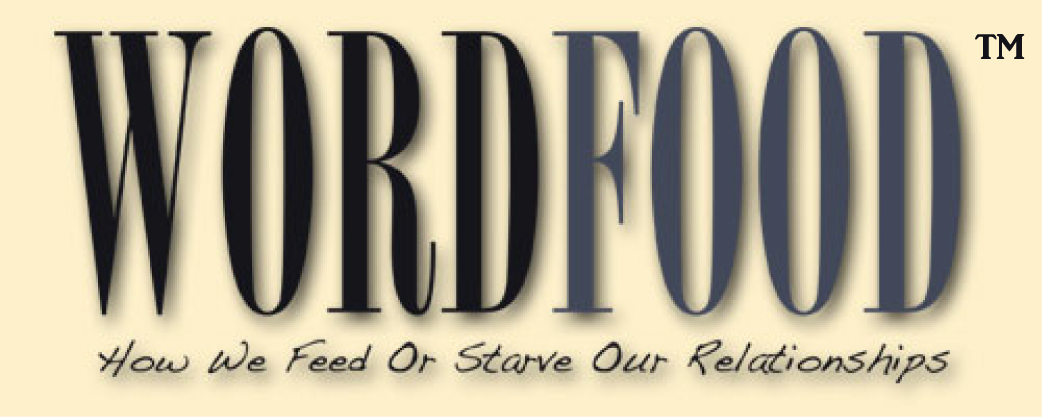A few weeks ago in the bush of Tanzania I was on a six day horseback safari, not a couple of days removed from having summitted Mount Kilimanjaro. We were riding six to nine hours a day, and at the very least I was bone tired at night when we rode into camp. All through my trip to this point I had been warned by tour operators, fellow travelers and companions that I needed to keep an eye on my valuables, and had been diligent so far. I was traveling with a group of Swedes, and in this case, the patriarch happened to be the father of the young woman who ran the horseback riding outfit. We were all having a grand time of it.
At dinner on the fourth night I took a break and walked to my tent. I was quite startled to find a camp staffer inside, and he quickly made his way out and disappeared. The first thought I had was that I had left my money belt- with close to $800 US in cash- sitting on the table next to my cot. I grabbed it, hurriedly counted the money, and seemed to find about $300 missing. Angry as a mishandled beehive I marched back to the dining tent and demanded to talk Jo and Chris, the outfitters, and told them- and the table- that I had money missing. I was furious. They told me that this was unheard of, but I was convinced. They took me aside and ran additional questions. Chris went to talk to the staffers and Jo forced me to recount. The money was all there- but by now the damage had been done. I had embarrassed these two good people in front of their friends- and Jo’s father, and the staffers, who knew there was no theft, were offended.
The next morning when I realized the extent of the damage I’d done, I waited until all my friends were at the table and apologized to Jo’s father, Jo, and Chris. Then as soon as possible I tracked down the man I had accused and made my sincere apologies to him to which he said, quite kindly, “Be free,” which was a complete acknowledgement of my mistake.
I later found the camp manager, the man’s boss, and made further apologies, by which time word had gotten around, and all was good again.
What I learned from this was several fold. It’s easy to make mistakes when you’re tired. Sure. But what’s worse are some of the cultural impacts. Despite having been repeatedly told by so many that I had to worry about my things, being calm enough to take the time to count my funds several times over would have prevented the whole incident. Instead, my mind had already been poisoned to expect money to be missing and that is precisely what it found. This is our insanity. We find what the mind says is there, right or wrong. I not only offended the kind group of Swedes who had allowed me to join their private party, but I also offended a tightly knit group of African camp staff who were duly proud of their honesty.
All were kind enough to allow me to clean up my mess, and to personally confront the people I’d hurt and to do so publicly. It simply points to how easy it is to be swept away by a part that expects to be taken advantage of simply because of toxic comments made by others. Junk food does that. This is what prejudice is, and how it poisons us to others. Anyone. A group, a class, a person. And unfortunately, everyone is subject to it, and it serves to be a student of when we fall down.
International travel, among its other great gifts, allows us to experience our humanity, and in doing so, allows us to touch deep emotions in ways that we may not otherwise be able to reach. This memory was a high point in my trip, because good people allowed me the space to process a wrong. That’s grace.

